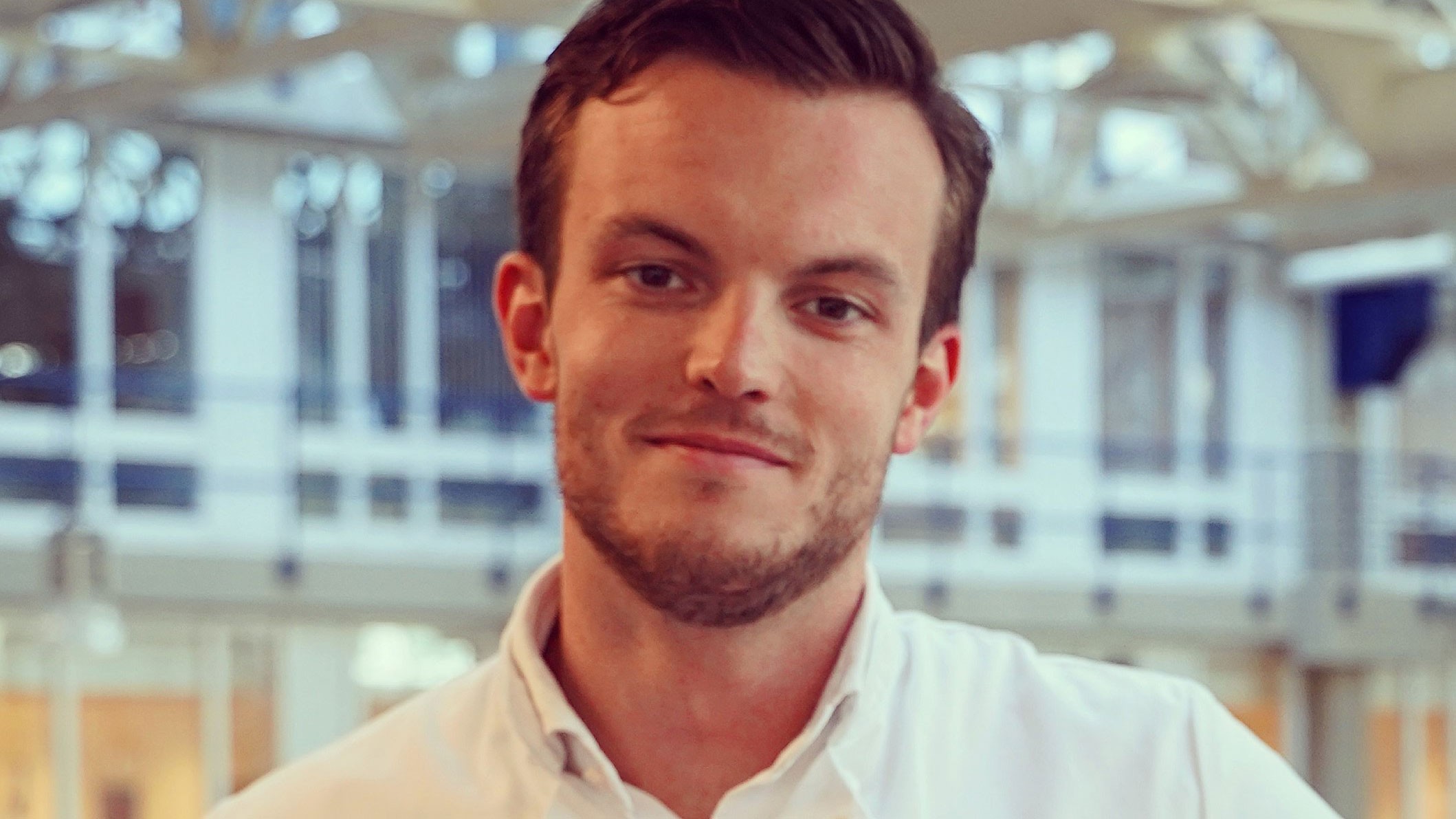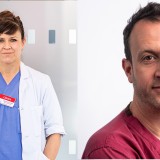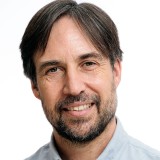
Could you tell us a bit about yourself, and why you chose the pancreas as your main research topic?
My name is Derk Klatte, and I am a medical doctor currently finalizing my PhD at the Department of Gastroenterology & Hepatology at the Leiden University Medical Center in The Netherlands. Additionally, I am undertaking a two-year post-master training in clinical epidemiology.
During my clinical rotations, the pancreas sparked my curiosity. I found it fascinating that such a relatively small organ could cause significant problems, such as pancreatitis or cancer. After completing my medical training, I wanted to continue my development as a clinical researcher, and I had the opportunity to start a PhD on early detection of pancreatic cancer. There are major improvements to be made in this field, and I am passionate about making a scientific contribution to it.
What motivates you to develop in the profession? Could you tell us about your experience at Mayo Clinic?
As both a physician and a researcher, my motivation comes from the potential to make a positive impact on people's lives and society as a whole. This drive inspires me to continuously learn and grow as a professional. For me, having the support of inspiring mentors and colleagues is essential to staying motivated, and I am truly grateful for the opportunities to work and learn alongside them. It is through collaboration that we can make the most significant and meaningful impact.
I had the privilege of spending a year as a research fellow at Mayo Clinic during my PhD, working under supervision of an inspiring mentor, Dr. Michael Wallace. Mayo Clinic has a strong culture of collaboration with researchers from different disciplines and a culture of innovation, which has accelerated a variety of exciting, out-of-the-box projects. For me, the experience of being immersed in a new culture and meeting new people was equally valuable and broadened my horizons. We are excited that our transatlantic collaboration with Mayo Clinic will continue in the future!
Could you tell us what we as GI doctors could expect in managing pancreatic cancer in the future and how clinical trials contribute to this?
I am optimistic that the next decade will bring significant progress in the management of pancreatic cancer. However, the biggest challenge we face is detecting the disease early enough to improve outcomes. Currently, our imaging-based screening methods are not adequate for large-scale screening. Thankfully, there are strong collaborations and large consortia being formed all over the world to bring researchers together and accelerate the development of new approaches for early detection and prevention of pancreatic cancer. I believe that the discovery of new biomarkers and their application to well-defined at-risk populations will be a game-changer in our ability to diagnose pancreatic cancer in its early stages, which will drastically improve patients' survival rates.
What advice may you give to beginners that wish to proceed in clinical research?
If you're just starting out in clinical research, finding a mentor who represents your interests is key. Take the initiative to set up your own projects and collaborations, and don't be afraid to ask questions! There's nothing more rewarding than connecting with others who are interested in your work, and people are usually happy to help you advance your career. In addition to building strong relationships, it's important to develop your clinical research skills. Consider taking courses in statistics and epidemiology to broaden your knowledge base. And if you really want to broaden your horizons, consider spending some time abroad at different institutions. This can help you learn in a different environment, foster new collaborations, and expand your network. By taking these steps, you'll be well on your way to a successful career in clinical research.




Please log in with your myUEG account to post comments.